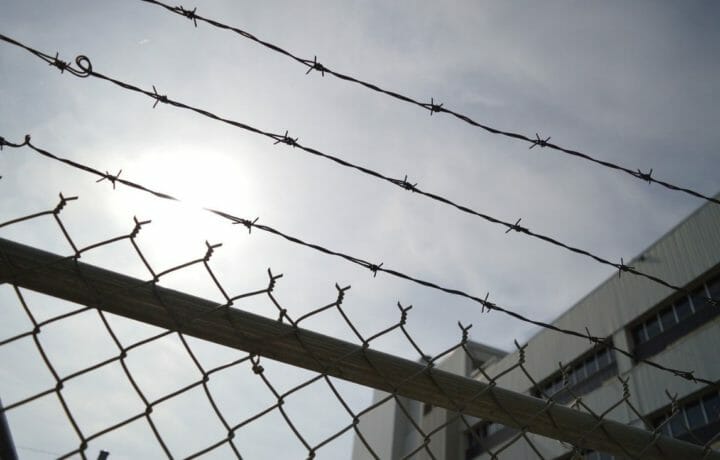The United States Department of Justice (DOJ) has linked Cameron John Wagenius, a United States Army communications specialist, to the theft of U.S. phone records from mobile carriers AT&T and Verizon last year. That included data linked to the presidential campaigns of President Donald Trump and now former Vice President Kamala Harris.
In December, Wagenius was charged with “knowingly and intentionally” selling and transferring “confidential phone records information of a covered entity, without prior authorization from the customer to whom such confidential phone records information related.”
Last Friday, U.S. prosecutors announced that Wagenius has been linked to two earlier indictments – those of Connor Moucka and John Binns, who have each been accused of hacking the cloud computer firm Snowflake. Its data included AT&T, which saw “nearly all” of its customer call records through last year compromised in the attack.
“Both cases arise from the same computer intrusion and extortion and include some of the same stolen victim information,” U.S. Attorney Tessa Gorman said in a briefing to the United States District Court of the Western District of Washington at Seattle. “These cases rely on overlapping evidentiary material and legal process and arguably present common questions of law and fact.”
Major Hack
More than 160 companies were impacted in last year’s cyberattack, which saw millions of phone records collected. Beyond the political campaigns, the victims also included multiple major firms including Lending Tree, Santander Bank, and Ticketmaster.
Wagenius was arrested on December 20 in Texas on charges of unlawfully transferring confidential phone records. He faces up to 10 years in prison if convicted. He was reportedly known to frequent hacker forums with the handle “Kiberphant0m.”
Canadian authorities had arrested Alexander Moucka (aka Connor Riley Moucka of Kitchener, Ontario) on a provisional arrest warrant from the United States last October; while American John Erin Binns is now reportedly incarcerated in Turkey.
According to a report from Brian Krebs, security reporter for Krebs on Security, last November, “Investigators say Moucka, who went by the handles Judische and Waifu, had tasked Kiberphant0m with selling data stolen from Snowflake customers who refused to pay a ransom to have their information deleted. Immediately after news broke of Moucka’s arrest, Kiberphant0m was clearly furious, and posted on the hacker community BreachForums what they claimed were the AT&T call logs for President-elect Donald J. Trump and for Vice President Kamala Harris.”
Military Hacker?
The 20-year-old Wagenius had been stationed at Fort Cavazos, formerly Fort Hood, in Killeen, TX. It is unclear how exactly he knew Moucka or Binns, or what his duties were with the U.S. Army.
“It would be interesting to learn if he got any of his cybersecurity hacking skills from the U.S. Army, but this is far from the first time a U.S. Army soldier has been involved in illegal hacking,” warned Roger Grimes, data-driven defense evangelist at KnowBe4.
If he did receive his training from the military, it won’t help his case.
“I will say that the U.S. Army doesn’t take hacking lightly. Usually, the sentences are longer even if U.S. government assets aren’t involved and if convicted, the hacker usually faces very tough penalties by the U.S. Army above and beyond what a civilian would face,” Grimes told ClearanceJobs. “In many countries, a soldier showing hacking skills might be brought into some sort of military cybersecurity offense or defense team or project, and that did happen here in the U.S. for a long time. But today, that hacker is likely to suffer harsh courtroom penalties, harsh Army penalties, and in general, come to regret what they did.”
Moreover, being that Wagenius is in the military, he will face more than a felony charge, as he will likely be dishonorably discharged.
“Both of these things will severely hamper that hacker’s employment opportunities for the rest of his life. I think it’s insane for anyone employed by the U.S. military to do illegal hacking,” added Crimes. “Whatever they get is not going to be worth what happens to them when they are eventually caught. And they are all eventually caught.”



